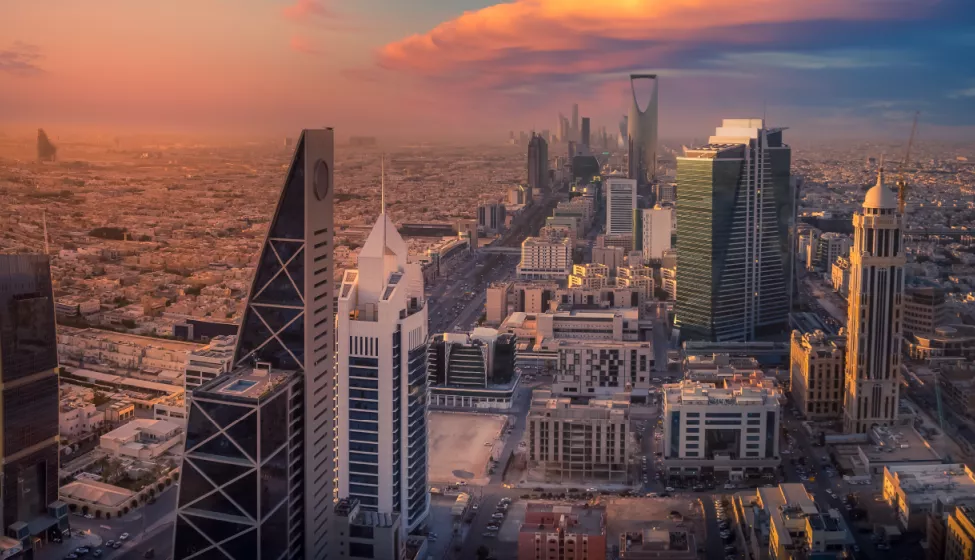March 11, 2021
Traditional oil & gas leader plans to export hydrogen around the world as ammonia
Saudi Arabia announced plans to construct the world's largest plant for producing green hydrogen, which is hydrogen produced by electrolysis using power generated from renewables such as wind and solar. The complex is scheduled for start-up in 2025 and is projected to produce 650 tons of green hydrogen per day, enough to run around 20,000 hydrogen-powered buses. Recently released plans describe converting the hydrogen into ammonia, a commodity chemical commonly used as a precursor for fertilizers. While ammonia is also gaseous at ambient temperature and pressure, it can be liquefied more easily and transported with less specialized equipment compared to hydrogen. Ammonia is expected to be shipped to customers across the world. Air Products will market the ammonia and envisions converting it back to hydrogen for the transportation market.
Simultaneously, Saudi Arabia has already begun shipping so-called "blue ammonia" to Japan in September 2020. Blue ammonia refers to ammonia that is produced such that associated carbon emissions are captured. Japan considers blue ammonia an important piece in its fuel mix as they attempt to reduce their greenhouse gas emissions 26% from 2013 levels by 2030. Japan can generate about 10% of its required power from 30 million tons of blue ammonia.
These recent trends to use ammonia as a chemical intermediate or final product indicate that companies, in addition to converting their equipment to run on hydrogen, may also need to consider additional facilities to receive and convert ammonia to hydrogen for use. The handling, storage, and conversion of ammonia will require specific safety precautions, equipment, and training that companies should begin including in their sustainability forecasts and goals.
Businesses, governments, and consumers are increasingly motivated to reduce greenhouse gas (GHG) emissions due to increased concerns over climate change, related regulations or litigation, and scrutiny of sustainability goals by financial rating agencies and large investors. Companies issuing financial, legal, or regulatory disclosures containing GHG emissions quantities, future goals, and strategies for reaching those goals are increasingly subject to liability or financial losses if those disclosures are inaccurate or based on unsound or incomplete science.
This green hydrogen facility and blue ammonia shipment are only examples for the rapidly evolving landscape of technologies intended to provide companies with methods to decarbonize their fossil fuel powered equipment, vehicles, and processes.
How Exponent Can Help
Exponent's unique interdisciplinary team of experts can help firms assess the safety, sustainability, and efficacy of hydrogen technologies as a larger portfolio of GHG reduction and sustainability initiatives including renewable energy, fuel cells, batteries, nature-based projects, and carbon-capture and utilization technologies. Exponent's sustainability consulting can assist companies with a majority of the 17 UN Sustainable Development Goals including a focus on GHG emissions, water conservation, and sustainable packaging and plastics for a circular economy. Exponent's material scientists, chemists, and chemical, mechanical, electrical, and electrochemical engineers also have experience evaluating performance metrics in the event of contractual disputes and reviewing intellectual property (IP) for these systems in cases where infringement has been alleged.




